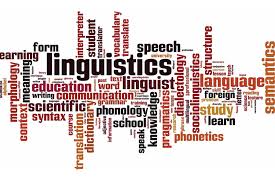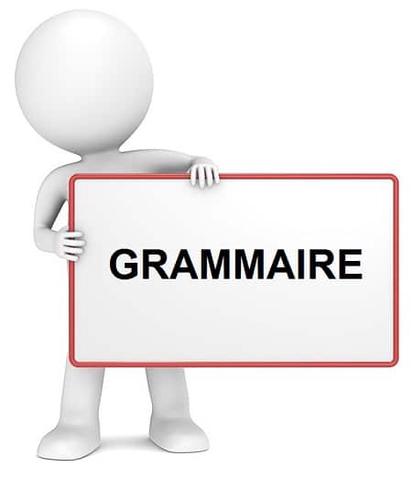Licence 01.....Langue anglaise

This course, entitled ‘Linguistics’, will familiarise you with the necessary concepts relating to language. Linguistics is a scientific discipline that explores language in all its forms. In this course, we will tackle key questions such as: What is linguistics? What are the scientific criteria in linguistic research? What are the domains of linguistics (macro and micro functions)? What is the relationship of structuralism to Ferdinand De Saussure? and other questions in relation to Bloomfield and Sapir, the founders of American structuralism.
The course is divided into a set of learning units that enable you to acquire skills in general linguistics and language; the work of Ferdinand de Saussure, one of the founding fathers of modern linguistics, and how his ideas have transformed our understanding of language. It will also enable you to acquire knowledge relating to the different characteristics of language, taking into account the different branches of linguistics. Finally, we will look at semiotics, which studies how language is used in specific contexts to communicate with others using signs.
This course will be interactive and stimulating, with practical exercises and class discussions to deepen your knowledge. We encourage your curiosity and questions, as linguistics is a discipline that will allow you to see the world of language from a new perspective.
- Dr.: hanane maita

This course offers a foundational overview of British civilization, focusing on its geography, people, history, and cultural life. It begins with the geography and natural environment of the United Kingdom, examining the landforms, climate, and ecological diversity that shape British life. It then explores the UK’s population, highlighting the ethnic composition, languages spoken—including English, Welsh, and Gaelic—and the major religions practiced. The course moves on to examine key historical developments, such as early forms of government and society around 2000 BCE, the evolution of the monarchy and Parliament, and Britain’s governmental structure through history. Additionally, it delves into national symbols, daily life, customs, social relationships, and the role of community and cooperation in shaping modern British identity. Overall, the course provides students with essential knowledge to understand the development and complexity of British civilization across time, preparing them for deeper cultural and historical studies
- Enseignant: nawel chaouchi
L'adjectif
- Enseignant: DJEDDI LAZHAR

Les parties du discours
Le nom
- Enseignant: DJEDDI LAZHAR
- Enseignant: nawal khelalfa

You will learn in this course the basics of writing and how to put them into practice to avoid writing problems.
You will also learn how to write paragraphs, and you will get acquainted with the different types of paragraphs.
- Enseignant: Manel MIZAB
Niveau: L1
- Enseignant: bendib djema
